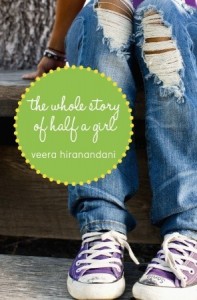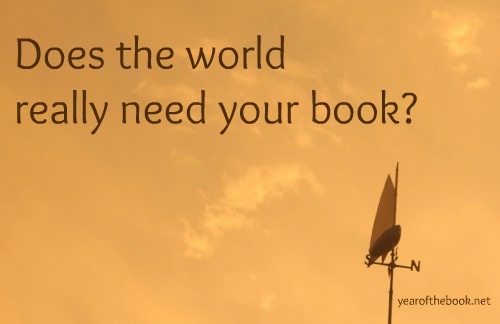When I launched this business in May, there was fear. But it was fast heart-beating giddy fear. Fun fear. Holy shit I’m really doing this fear. Adrenaline fear.
Now, four months later, there’s a different kind of fear. It’s a more solitary fear. It’s Oh no, what if this doesn’t work? How long will it take? What if no one shows up? fear.
Not too different from being a few months into a writing project, right?
What if I don’t finish? Do I really have enough to say? This isn’t very much fun. What will my family think? Am I even going to make any money doing this?
In Finding Your Own North Star, Martha Beck calls this stage Square Three: The Hero’s Saga.
This means you’ve already been through Square 1: Death and Rebirth and Square 2: Dreaming and Scheming. You’ve already shed the work you don’t want to do and dreamed up the work you do want to do. You’ve announced it to everyone and anyone. You’ve started living life on your new path, or with your new commitment.
And now here you are, faced with doing the work.
This will be the hardest part. There will be dark forests and fire breathing dragons. At times you will wonder if you’ll ever make it through.
This is normal. This is the good stuff. This means you are really doing it.
So together, let’s replace the fear with trust and keep each other company on our journey. Dragons and all.
(In case you are wondering, there is a Square 4 in Martha Beck’s book. It’s called The Promised Land, which you’ll get to enjoy briefly before starting all over at Square One.)



